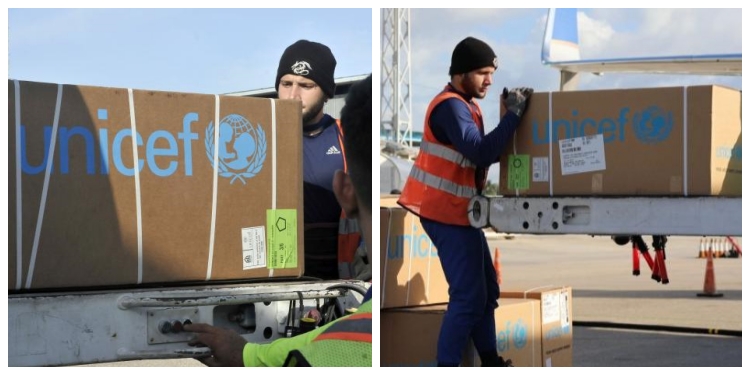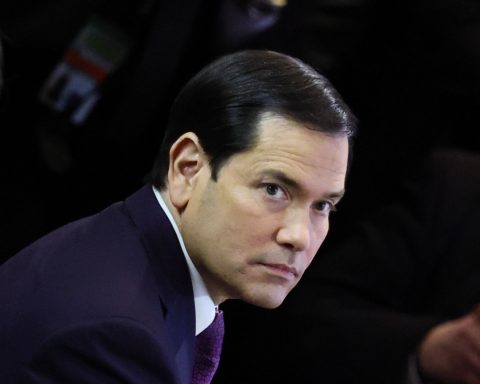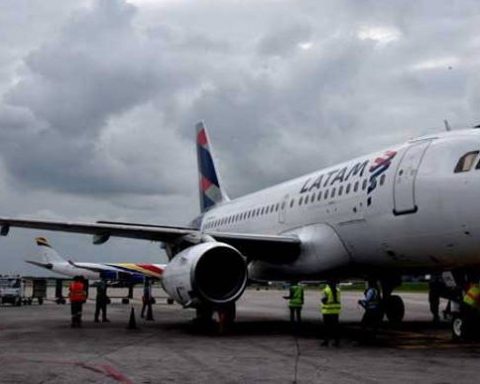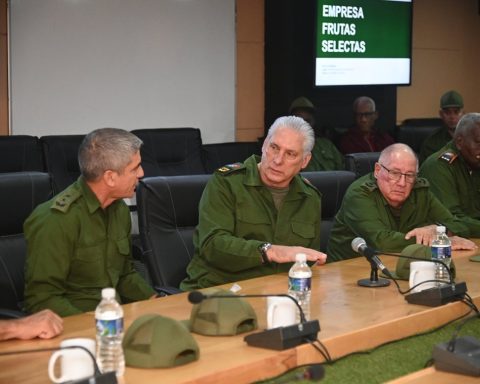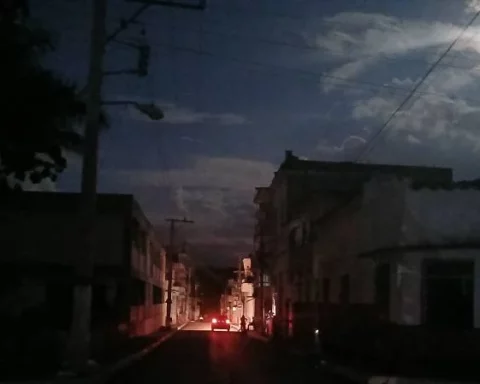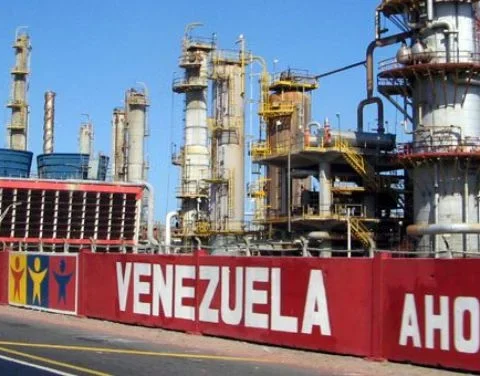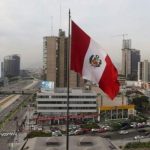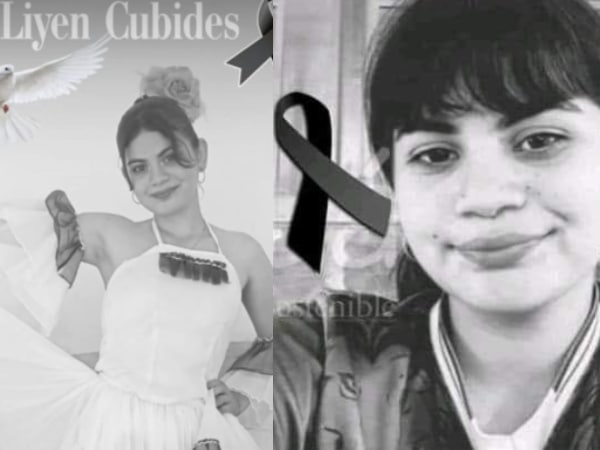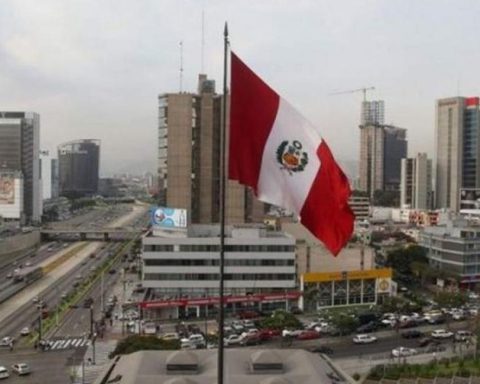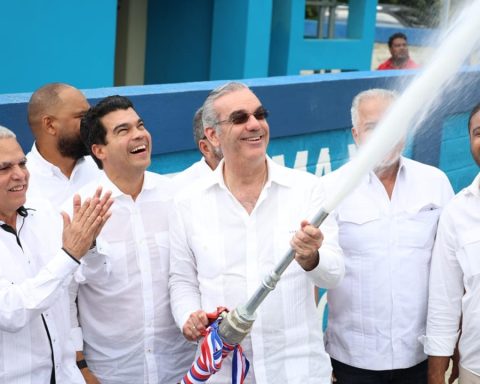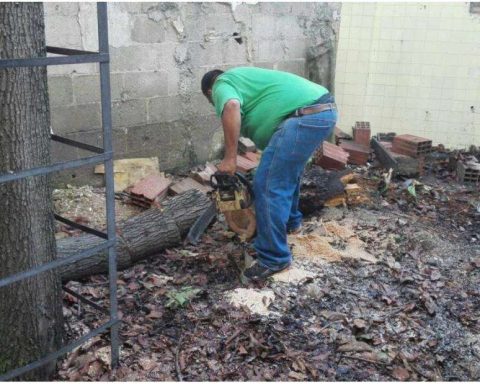AREQUIPA, Peru – The United Nations Children’s Fund (UNICEF) made a donation to the Cuban regime consisting of 1,498 kilograms of medicines and expendable materials that should support the medical care of 140,000 people.
A report from the official newspaper Granma points out that the donation responds to “the devastation caused by the recent passage of Hurricane Oscar, which became a tropical storm, through Guantanamo territories.”
The donation arrived by air at the José Martí international airport in Havana this Saturday and represents help for the victims in the municipalities of San Antonio del Sur, Imías, Baracoa and Maisí, territories most affected by the meteorological phenomenon.
The purchased kits include medications such as analgesics, antipyretics, antibiotics, antifungals, and “other useful supplies for emergency medical care.”
“We mobilized immediately to contribute to national response and recovery efforts in the most affected areas, especially so that girls, boys and adolescents and their families in Guantanamo have basic services,” said the UNICEF representative in Cuba, Alejandra Trossero.
“We are mobilizing our own funds to send these medications, which will be added to a total of 60 sets that will arrive in Cuba in the coming days,” he stated.
Deborah Rivas Saavedra, vice minister of Foreign Trade and Foreign Investment (MINCEX) in Cuba, explained that food resources have also been released, including grains, rice and oil, as well as hygiene products and construction materials such as tents and tarps.
Some 100 tons of meat for the families affected after the passage of Hurricane Oscar also emerged this October 26 as part of a donation from the Mexican Embassy in Havana together with the Richmeat company of that country.
The cost of Castro’s apathy
The hurricane hit the eastern part of Cuba on October 20. Although the meteorological event barely reached category one on the Saffir-Simpson scale, it was one of the most devastating in recent years.
The absence of a prevention protocol by the Civil Defense has been pointed out by the Cubans who suffered on site the impact of the meteorological phenomenon or that they are searching for their relatives, missing since last October 20, when Oscar made landfall.
In the provincial capital of Guantánamo, the winds were felt and it rained a lot, but the worst scenario was in Baracoa, Imías and San Antonio del Sur, where the hurricane, later a tropical storm, remained “almost stationary”.
In San Antonio del Sur, where there was an unprecedented flood, so far there were six deadamong them a five-year-old girl and three elderly people who were over 80 years old.
A Cuban resident in that municipality, complained to the ruler Miguel Díaz-Canel that he was in charge of 29 children in the Special School during the passing of Oscar in their area and no one came to rescue them, as revealed in a video published by the media Martí News.
During a tour of Díaz-Canel Bermúdez, accompanied by Prime Minister Manuel Marrero Cruz, Deputy Prime Minister Inés María Chapman, in that area, shocked Because of the floods, a Cuban told the president that the regime abandoned them.
“They left us alone there, 29 children. I had to evacuate the children, we almost couldn’t,” said the man from Guantanamo from one of the areas affected by Oscar.
